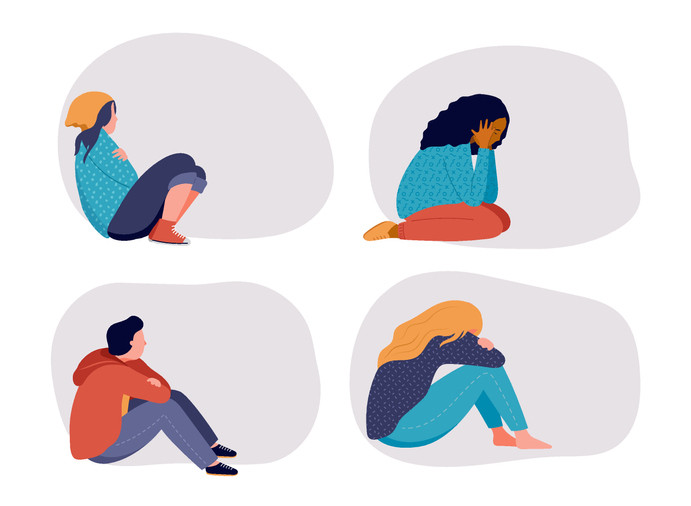Ryan Hu (10) | STAFF REPORTER
Every January, millions of people all around the world look to the New Year as a time of rebirth and a rediscovery of life. One example of this phenomenon is the practice of creating a New Years’ resolution, where a person wishes to change or improve themselves through a personal goal. Unfourtunately, in addition to the practice of creating a resolution is the practice of failing to achieve said resolution. While New Year’s resolutions are sometimes mocked, the practice may still be helpful to bring awareness to new practices such as self-care.
Self-care is the practice of caring for oneself, involving strict routines and proactive care in a similar fashion to diets and workout routines. Self-care has been proven to reduce anxiety and depression, as well as reducing the risk of stroke, cancer, and heart disease. While the definition of self-care is broad and practices may differ depending on the person, it generally includes two main components: physical and mental.
Physical self-care includes taking care of one’s body and prioritising their health. Keeping oneself physically healthy will also improve thinking and concentration. Examples of physical self-care practices are getting more sleep, eating healthy, and adopting an exercise routine.
Mental or spiritual self-care involves actions that positively influence one’s mental health. It includes practices such as meeting up with friends, taking regular breaks and saying “no” to undesirable work. For those who are religious, attending religious services or meditating may also be helpful.
As with anything, proper self-care involves creating a plan and following goals regularly. This is what most people find hard to complete as their New Year’s resolution, but the benefits cannot be understated.
One point self-care enthusiasts must remember is that self-care is something that brings joy in the long-run, and as such can be different for each person. Doing chores may be enjoyable for certain people, but for others it may simply be a chore.
Another distinction to make is between self-care and self-indulgence. Self-care is proactive and requires taking active control, while self-indulgence is passive and distracts from the real problems. Self-care will have many benefits in the long run, while self-indulgence is fleeting and may only help in the short-term. Self-indulgence may even be harmful as it can distract from the real problems. However, self-care works best in a balance, and as such, pampering oneself every once in a while may also be beneficial. In short? Self-care is not selfish.
The importance of self-care in the modern world cannot be understated. According to CAMH, 39% of Ontario high-school students experience moderate-to-serious symptoms of anxiety and depression, while 17% experience serious symptoms. However, 75% of children with mental disorders do not have access to specialised treatment. In this absence of treatment for vulnerable groups, self-care may be the minimum requirement for self-help. Whether or not self-care is the answer, it is clear that more must be done for mental health. In the same way exercise routines work against physical disabilities, self-care may do the same against mental ones.



